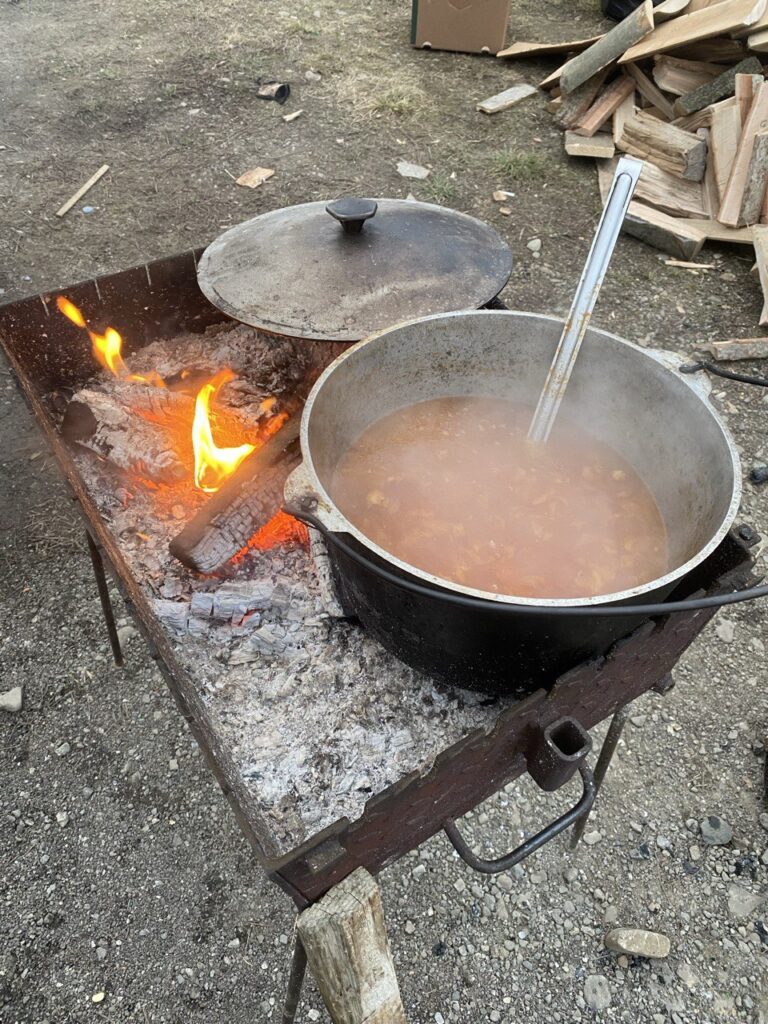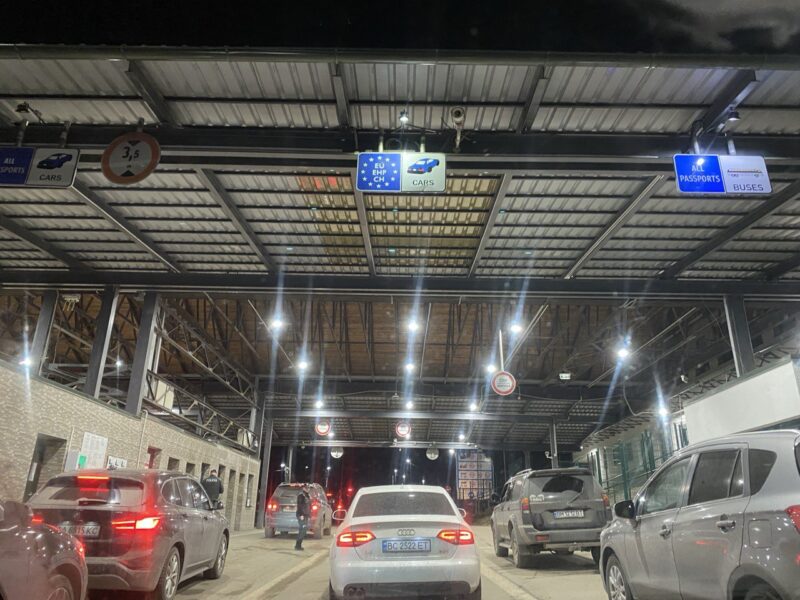One of the most difficult questions in life is what is truly essential for survival on planet Earth. I will try to figure this out based on my personal experience.
When you live a normal, stable life, with a secure job or a successful business, a well-renovated home, and people around you carrying iPhones, using Instagram, and watching YouTube podcasts, everything seems predictable. People drive Teslas, and Elon Musk is launching rockets into space.
But to truly understand what is important in life, you need to find yourself in a situation where everything becomes obvious. Such a moment happened in my life on February 22, 2022. Early in the morning, I heard explosions. I woke up, and my wife told me that war had begun. At that time, we were living in Kyiv, but my mind still struggled to grasp the reality of what was happening. My first thought was that it wouldn’t last long—just a brief scare, and everything would go back to normal.
I got ready and went to work, traveling from the left bank of Kyiv to the right. At that time, I was working as Head of Marketing at a large company. But on my way to the office, my boss called me and told me that the company was shutting down operations and that I needed to stop all active advertising campaigns immediately—the full-scale war had begun.
I returned home, and my family and I were horrified by the scale of what was happening. Explosions were echoing all around, people were in panic, not knowing where to run or what to do. Fortunately, there was a bomb shelter near our home, but it was overcrowded and filthy—no one had properly prepared it. And this was at a time when people were still wearing masks, terrified of COVID-19. But on February 22, 2022, COVID ended, and the full-scale Russian invasion of Ukraine began.
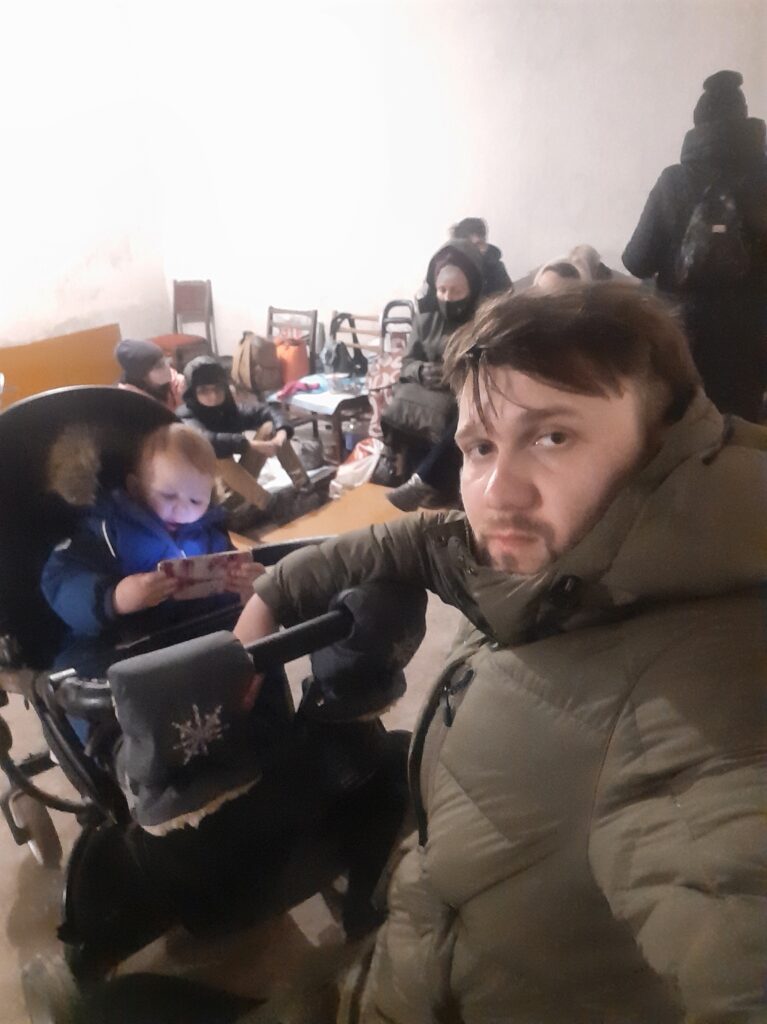
The next day, hopes that it would all end soon were fading fast. We decided to leave Kyiv. We first went to stay with friends in Bila Tserkva, but the war didn’t stop, and things only got worse. The news was saying that the war was costing Russia billions per day, that they had no more missiles, and that their equipment was outdated. But over time, I realized that this was just another lie—just like how people had been kept in the dark about the war and how the country had not been properly prepared for it.
By the third day of the war, we clearly understood that we needed to leave the country. But by then, Ukraine had already closed its borders for men, so we decided to drive to Uzhhorod, where I would take my family to the European border and stay behind.
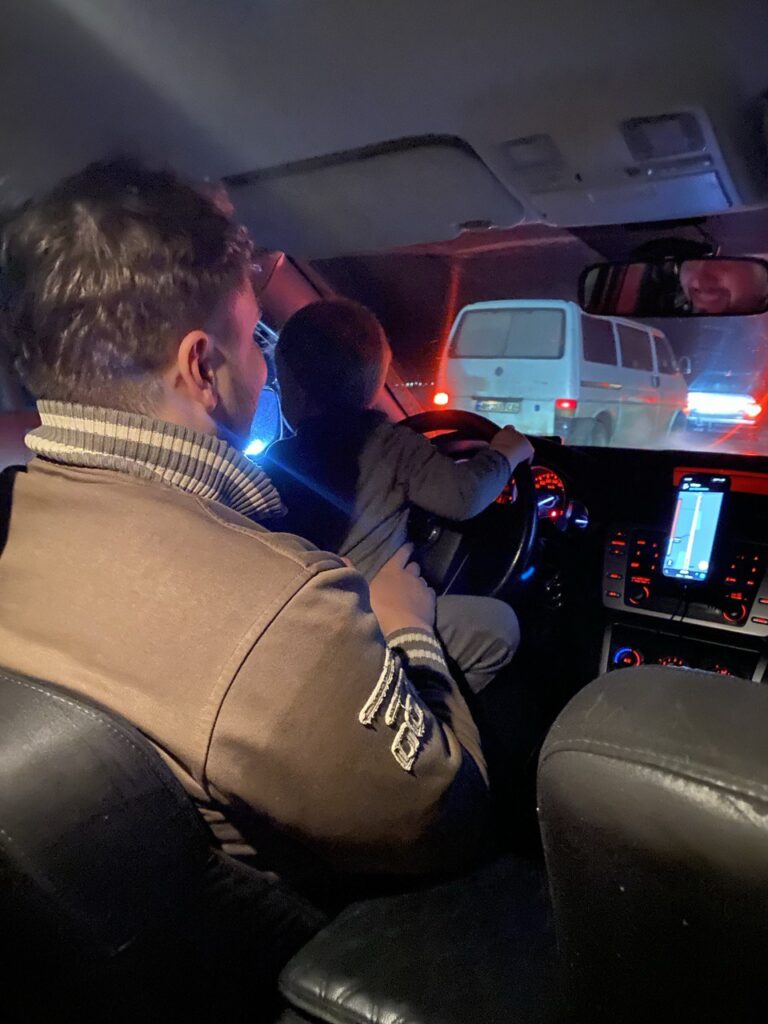
And then the nightmare began—massive traffic jams, as millions of cars filled the roads heading toward Ukraine’s borders. Fuel was strictly rationed, with only 20 liters allowed per car at extremely high prices. The banking system collapsed—only cash was accepted. A trip that should have taken five hours took us two days.
When we finally reached the Slovakian border (because the Polish border had even more people), we got in line and waited another two days just to reach customs. Eventually, I said goodbye to my family and sent them off to Europe in our car, while I was left alone at the border, at night, with just a backpack.
We all know what has happened in Ukraine since then. Today, as I write this for my blog on March 24, 2025, the war is still ongoing.
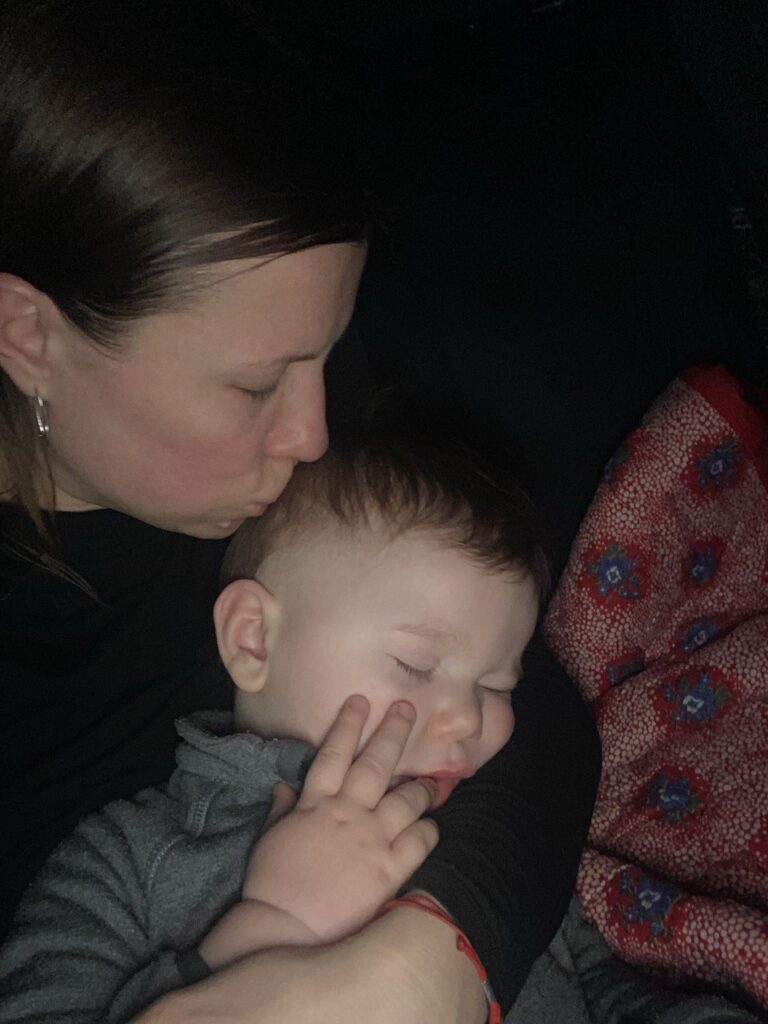
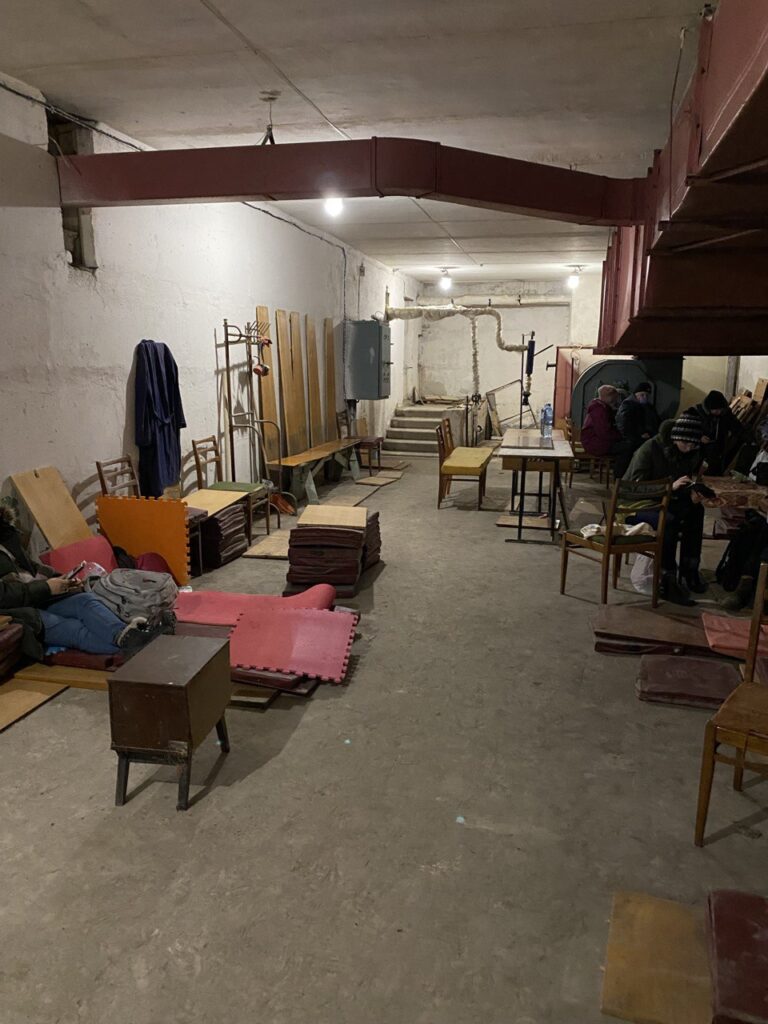
If you still believe, as I once did, that war is impossible in the 21st century—that people couldn’t possibly kill each other over land, especially given humanity’s past experiences and technological advancements—let me warn you: wars will continue, even 100 years from now. No amount of progress will change that.
But as rational beings, after reading this, you will now understand what truly matters in life and how everything you have worked for can be lost in an instant.
What Truly Matters in a Crisis
1. Mobility (A Reliable Car)
Real estate—apartments, houses, garages—loses its value instantly and can be destroyed by a single missile. The most important thing, as it turned out, was having a car. To evacuate your family, you need a well-maintained vehicle with a full tank of fuel. Ideally, you should have more than one, as no one knows how far or how long you may need to travel. I saw abandoned cars on the roadside, left behind because they broke down. That’s terrifying—those vehicles held people’s entire lives.
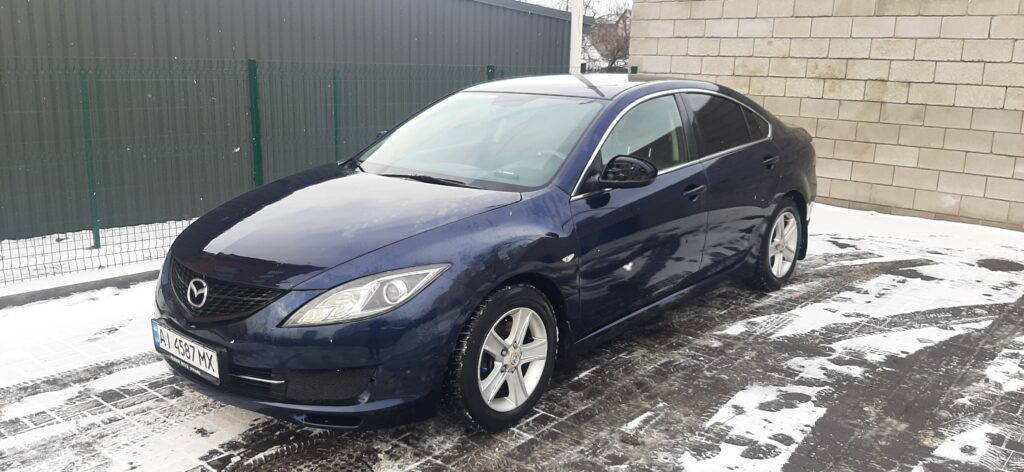
At the time, we had a Mazda, which I had just repaired. It had a full tank of over 50 liters of gasoline and another 50 liters of LPG. Before leaving, I filled both tanks completely, which allowed us to reach the Slovakian border without refueling. Only in Uzhhorod, where it was still calm, was I able to refill the tank.
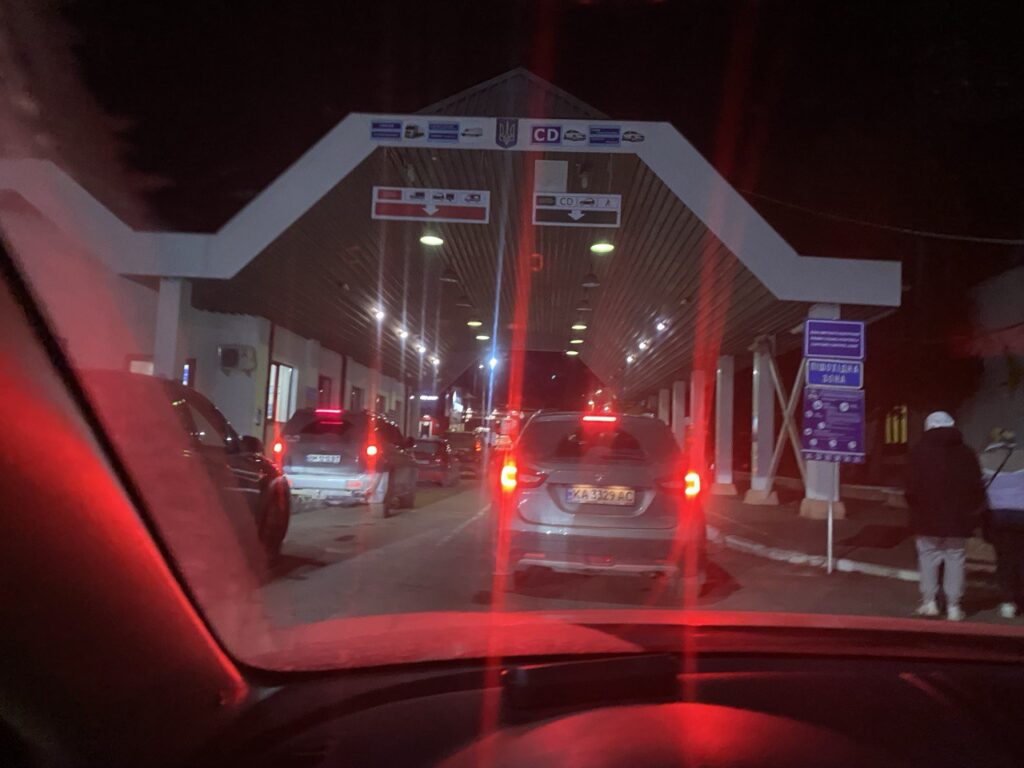
2. Cash
If you rely on credit cards, you are making a big mistake. Banks immediately blocked access to credit lines. If your money is in the bank, you become a hostage to the system. ATMs had massive lines, and cash ran out quickly. Banks limited withdrawals to as little as $100 per transaction to ensure everyone could get something. It’s crucial to have cash in multiple currencies, as exchange rates fluctuate dramatically. At one point, buying dollars in Ukraine required paying double in hryvnias—if dollars were even available at all.
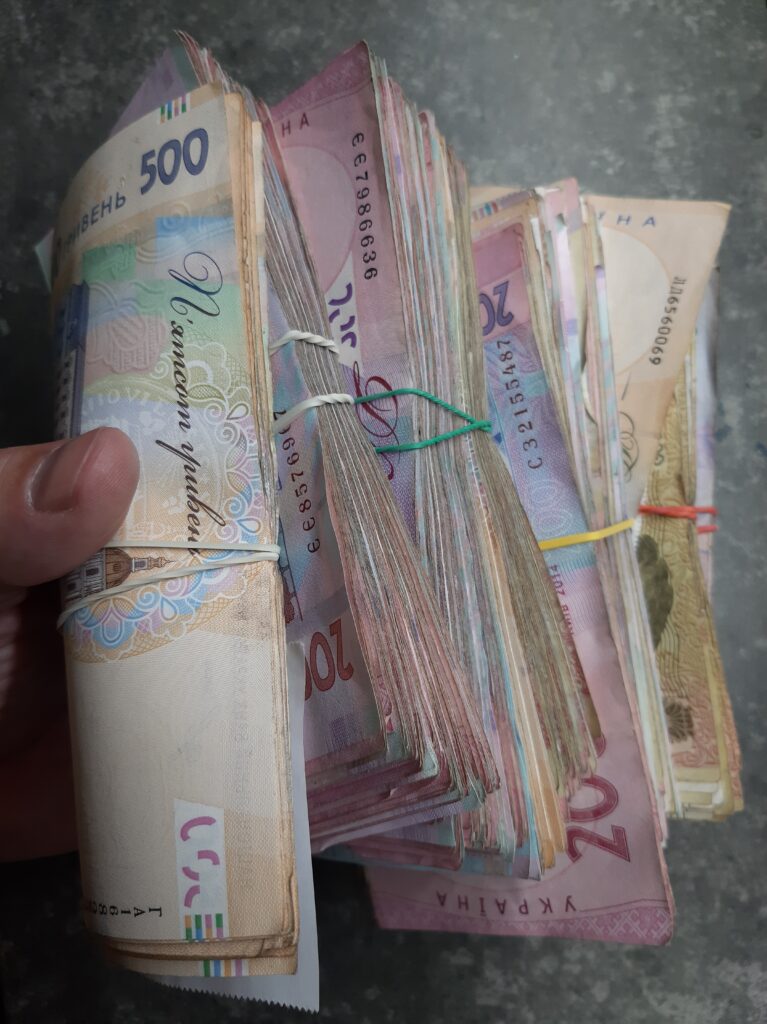
3. Warm Clothing and Food
Warm clothing is critical because you never know when you might be left without shelter. If a missile hits your home, you could end up on the street in freezing temperatures. You must have a winter coat, insulated boots, and thermal underwear. When we were in the bomb shelter, we were freezing—warm clothing was our only salvation.
Food disappears from store shelves at an alarming rate. People grab anything with a long shelf life. When I went into supermarkets like Novus and Silpo in Kyiv, I saw nothing but empty shelves. But I still had to feed my family, including a one-year-old child.

4. Medicine
Medication sells out fast. You must have a fully stocked first aid kit for every family member.
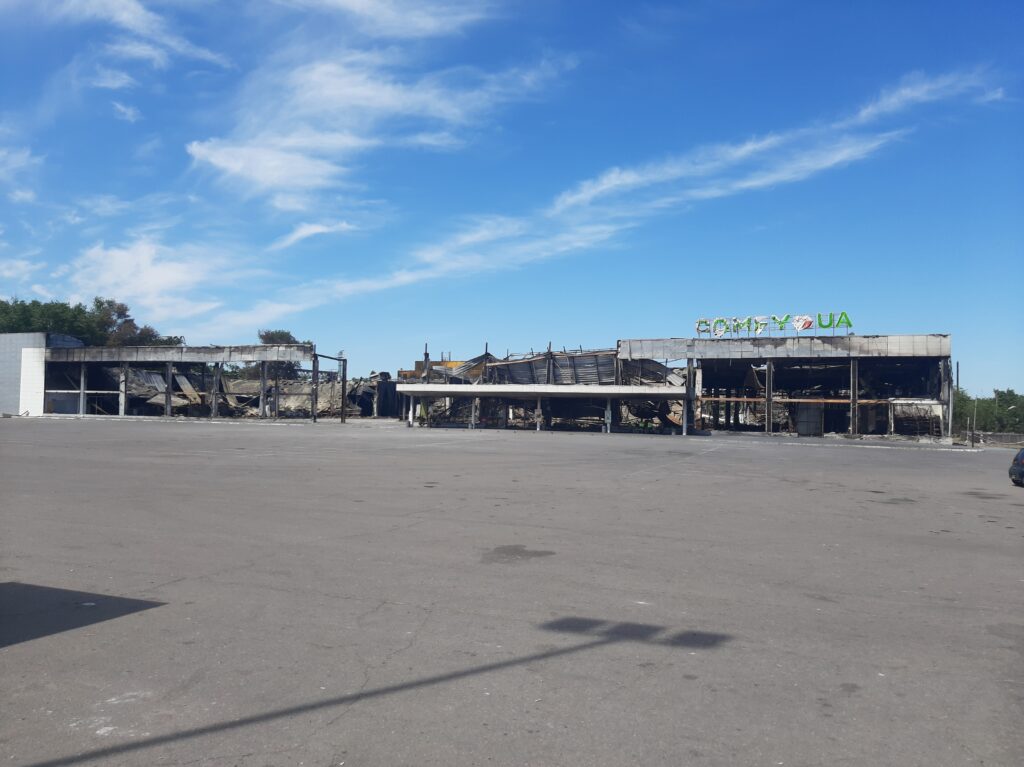
What Loses Its Value in War
• Real estate: Your home can be destroyed, looted, or occupied.
• Expensive furniture, artwork, and bulky items: You can’t take them with you.
• Luxury goods: In a war zone, their value disappears.
If war broke out tomorrow, what would you take with you in a single suitcase? I’m sure it wouldn’t be a PlayStation or a desktop computer. Most likely, you’d grab gold, cash, a laptop, phones, and warm clothing.
War strips away illusions and shows you what truly matters: the ability to move, access to money, protection from the elements, and the means to survive.
